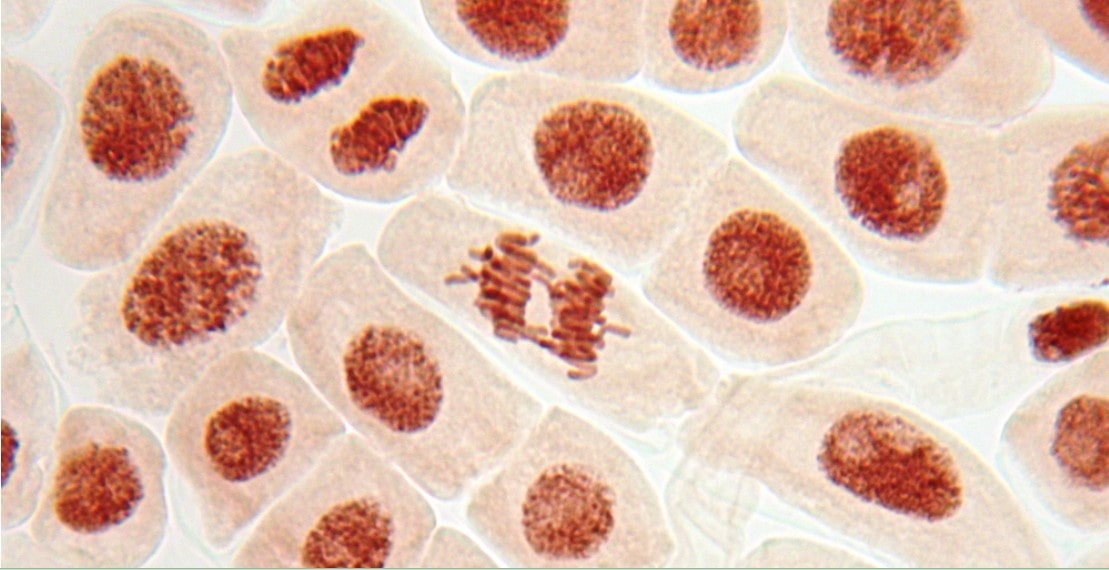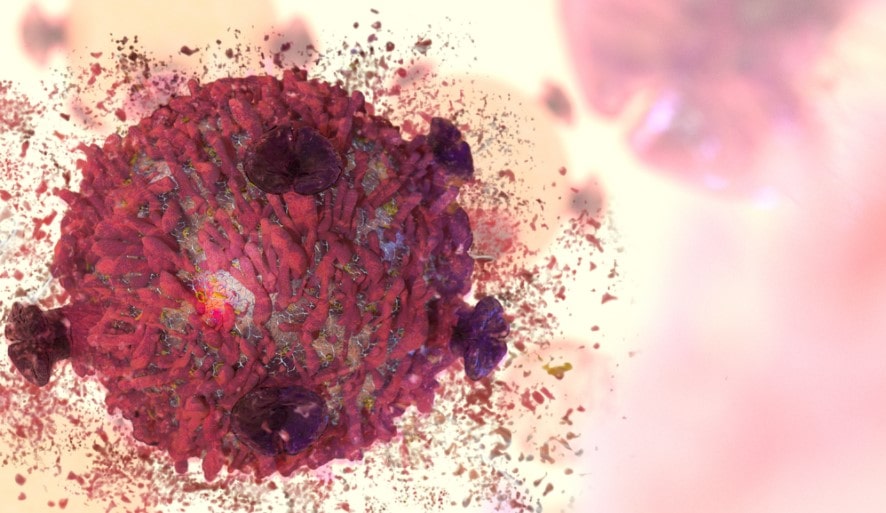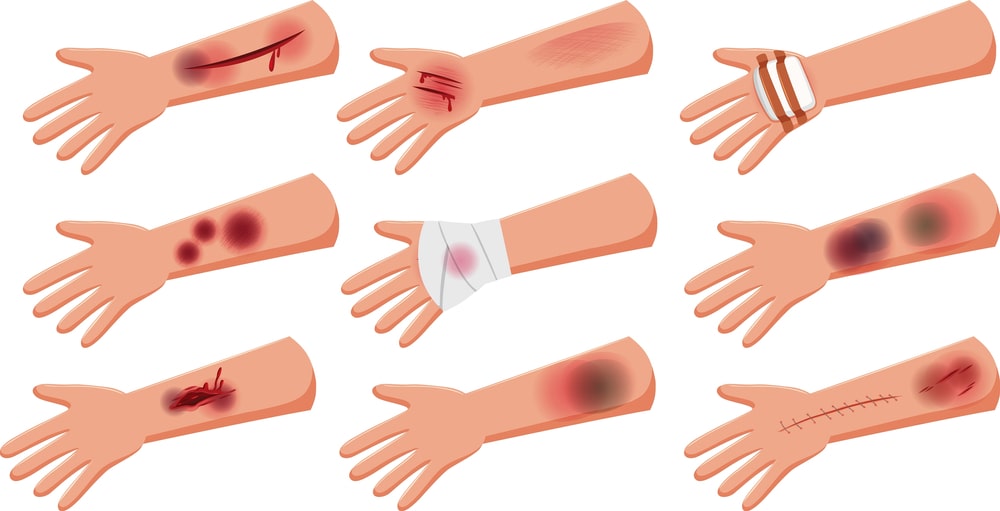B. Pharmacy 3rd sem previous year questions papers
B pharmacy 3rd semester questions papers Here are a few previous years’ questions papers for the third semester of b pharmacy collected by the different sources. The subjects include things like Pharmaceutical Organic Chemistry II, Physical Pharmaceutics I,Pharmaceutical Microbiology, and Pharmaceutical Engineering. These questions papers are by the Rajiv Gandhi University of Health and Science … Read more



